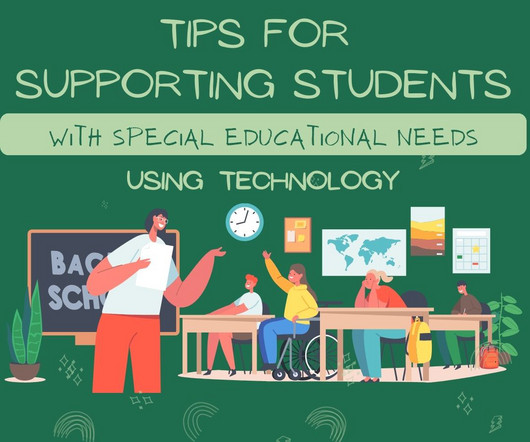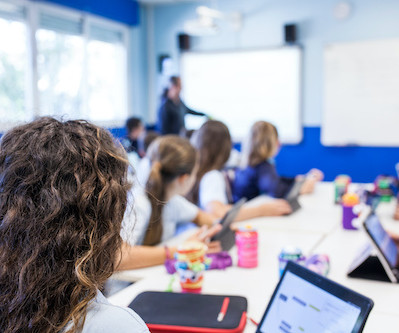Tips for Supporting Students With Special Needs Using Technology
Ask a Tech Teacher
NOVEMBER 5, 2024
Have you considered how assistive technologies like text-to-speech can be tailored to individual needs? By engaging students in selecting personalized tools, you empower them to take charge of their learning journey. Their feedback on what works and what doesn’t is invaluable.
















Let's personalize your content